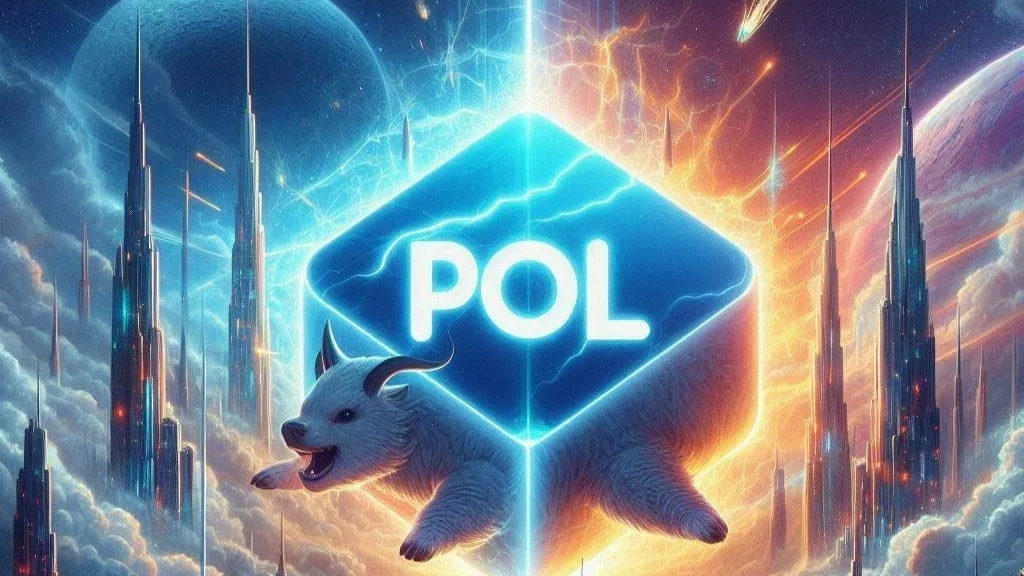
Recent developments in the ongoing legal battle between the U.S. Securities and Exchange Commission (SEC) and major cryptocurrency exchanges have ignited debate over the regulatory status of Solana (SOL) and other digital tokens. Despite the SEC retracting its request for a court ruling on the status of these tokens as securities in its lawsuit against Binance, key figures in the crypto community suggest that the agency’s stance may not have changed.
On July 30, the SEC modified its approach in the Binance lawsuit by withdrawing its request for a court determination on whether certain tokens, including Solana, should be classified as securities. This move has led to speculation about the regulatory future of these tokens. However, industry experts argue that this does not necessarily mean the SEC has conceded that these tokens are not securities.
Jake Chervinsky, Chief Legal Officer at Variant Fund, highlighted this perspective in a July 30 post on X (formerly Twitter). Chervinsky suggested that the SEC’s decision to amend its complaint does not equate to a change in its position regarding the securities status of Solana and other tokens. Instead, he characterized the SEC’s actions as a potential litigation tactic rather than an indication of regulatory leniency.
Miles Jennings, General Counsel and Head of Decentralization at a16z Crypto, and Justin Slaughter, Policy Director at Paradigm, shared similar views. They argued that the SEC’s recent filing should not be interpreted as a definitive ruling on the status of Solana and other cryptocurrencies.
Slaughter emphasized that many observers might be misinterpreting the SEC’s latest filing. He warned against overreading the document and suggested that the SEC’s stance on Solana and other tokens could still be that they are securities. Jennings, on the other hand, noted that the high legal threshold set by Judge Amy Berman Jackson in the Binance case might have made it impractical for the SEC to pursue the classification of these tokens in this particular case.
Jennings pointed out that the SEC might have chosen not to focus on proving the securities status of these tokens in the Binance case due to the stringent legal standards required. Instead, he suggested that the SEC may be concentrating its efforts on other cases, such as the one involving Coinbase, where Judge Katherine Polk Failla appears more amenable to the SEC’s arguments.
This strategic shift does not necessarily imply that the SEC has abandoned its position on Solana and similar tokens. Rather, it may reflect a tactical decision to focus resources on other legal battles where the regulatory framework might be more favorable or where there is a greater chance of success.
The SEC’s lawsuit against Binance included claims that several tokens were securities. This list featured Solana (SOL), along with other prominent cryptocurrencies like BNB, Cardano (ADA), Polygon (MATIC), Sandbox (SAND), Decentraland (MANA), and Axie Infinity (AXS). At various points, the SEC has asserted that at least 68 tokens are securities, representing over $100 billion in market value.
The broad scope of the SEC’s claims indicates the agency’s comprehensive approach to regulating digital assets and underscores the ongoing uncertainty surrounding the legal classification of cryptocurrencies. Despite the recent developments, the status of these tokens remains a critical issue for the industry, with potential implications for regulatory compliance and market dynamics.
As the regulatory landscape continues to evolve, the future status of Solana and other cryptocurrencies remains uncertain. The SEC’s decision to withdraw its request for a court ruling in the Binance case might be part of a broader strategy rather than a definitive stance on the securities status of these assets.
For now, Solana and other tokens are likely to remain under scrutiny, and industry participants should stay informed about ongoing legal proceedings and regulatory developments. The evolving nature of cryptocurrency regulation means that stakeholders must be prepared for potential changes and adapt to new regulatory requirements as they emerge.
The recent amendments to the SEC’s complaint in the Binance lawsuit have led to significant discussion about the regulatory status of Solana and other digital tokens. While some experts suggest that this move may not indicate a shift in the SEC’s stance, the broader implications for the cryptocurrency industry are still unfolding.
As the legal battles continue and regulatory decisions are made, the cryptocurrency market will need to navigate these challenges carefully. The outcome of these cases will likely shape the future of digital asset regulation and influence how cryptocurrencies are treated under U.S. law.


Get the latest Crypto & Blockchain News in your inbox.